Is Hong Kong still a shopping paradise for mainland Chinese shoppers after the pandemic?
Lianhe Zaobao journalist Tai Hing Shing examines the reasons for the seeming initial lack of enthusiasm in travelling from mainland China to Hong Kong, including slow visa processing and changing consumer habits. Will traveller numbers pick up over the next few weeks or months?
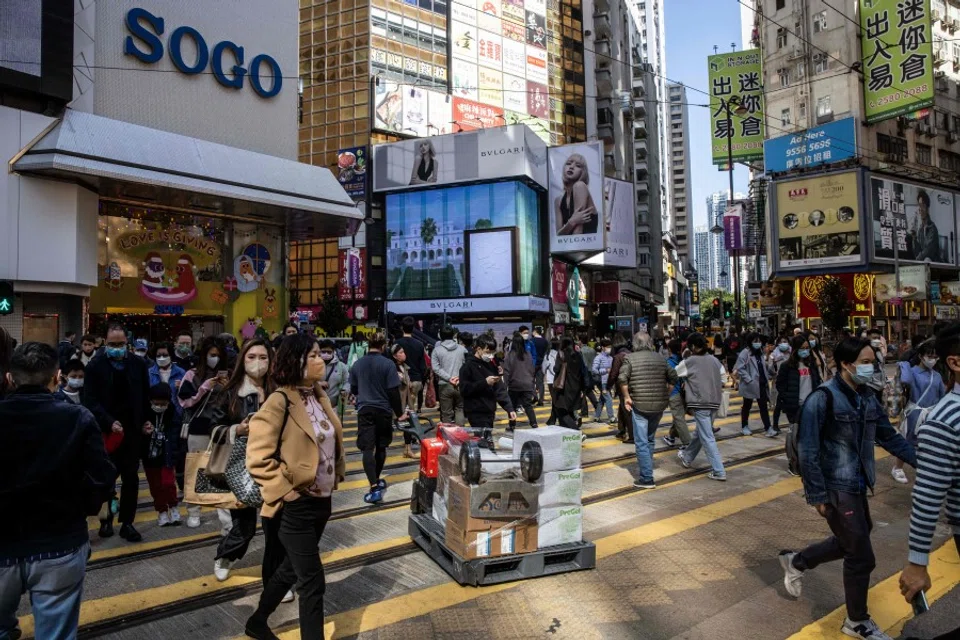
Borders reopened between Hong Kong and mainland China this past Sunday on 8 January. To borrow from US astronaut Neil Armstrong's classic line from the 1960s, it was one small step for 120,000 travellers, one giant leap for normalcy.
Operations at Hong Kong's entry points went smoothly on the first day of the reopening, much to the relief of government officials in Hong Kong. However, the inbound numbers from mainland China were unexpectedly low - excluding airport numbers, there were only 13,336 entries via land and sea as of 8pm that day, less than 40% of the 35,000 departures recorded on the same day.
... it will probably take at least six months to gradually recover.
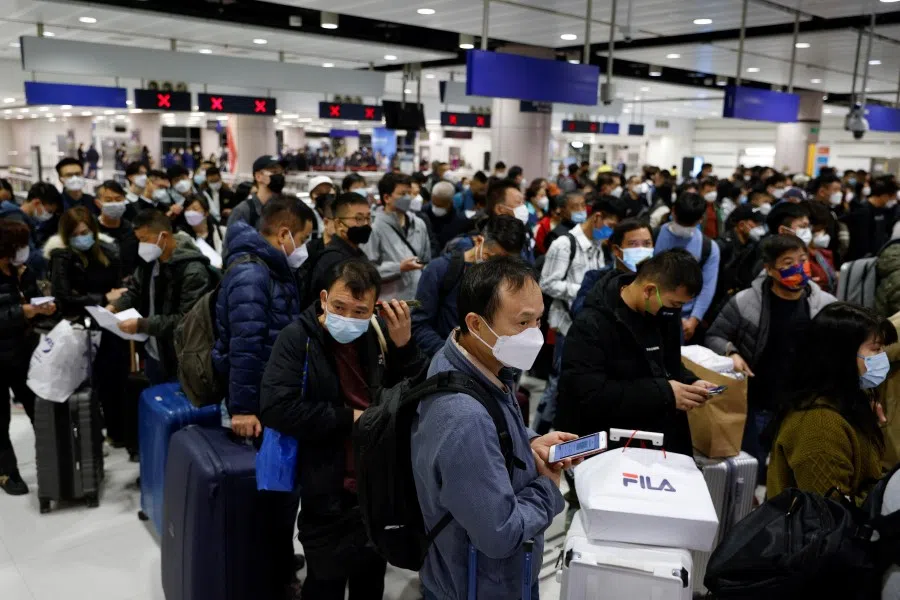
Lacklustre inbound numbers
During noon, several Hong Kong journalists paid a visit to Sheung Shui in New Territories - previously a hub for mainland China tourists - only to find it rather quiet, with no significant increase in human traffic. Pharmacies that had increased their stock to handle the anticipated wave of people from mainland China lamented that business was as per usual, with most customers being locals doing Lunar New Year shopping and only a handful from mainland China.
Hong Kong's hotel industry also did not see an upsurge on the first day of border reopening. Industry players revealed that there was no increase in reservations and enquiries for hotel rooms, even for the Lunar New Year period; it will probably take at least six months to gradually recover.
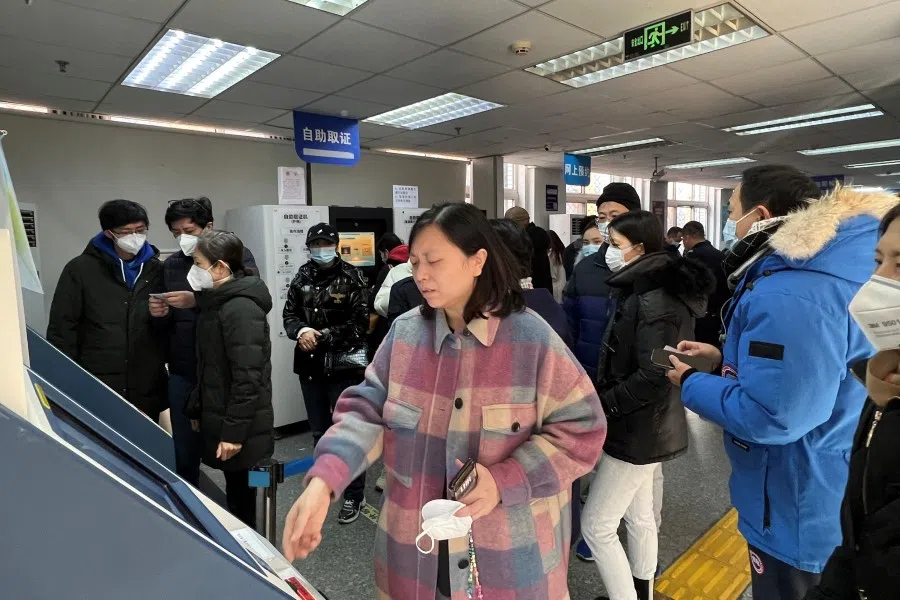
So, why was there no wave of travellers from mainland China on the first day of border reopening?
Some Hong Kong media attributed this to delays in visa processing for mainland China visitors to Hong Kong. While the mainland China government had earlier announced the border reopening, some large cities could only process Hong Kong travel visas manually at service counters, with a processing time of at least seven working days. So, even if people in mainland China want to travel to Hong Kong, it is only possible after this week.
Changing spending patterns
On closer analysis, the mainland travellers' lack of enthusiasm to visit Hong Kong to some extent lies in the shift in their mentality and spending habits following the pandemic.
The situation reminds me of an anecdote from a friend working in the prison system: most prisoners want to leave the tough prison life as soon as possible, but over time, some serious offenders want to go back to prison after being released as they find it difficult to adjust back to normal life.
Three years of Covid-19 border closures has also changed people's spending habits, as they now prefer to shop online rather than travel abroad to buy foreign-made products.
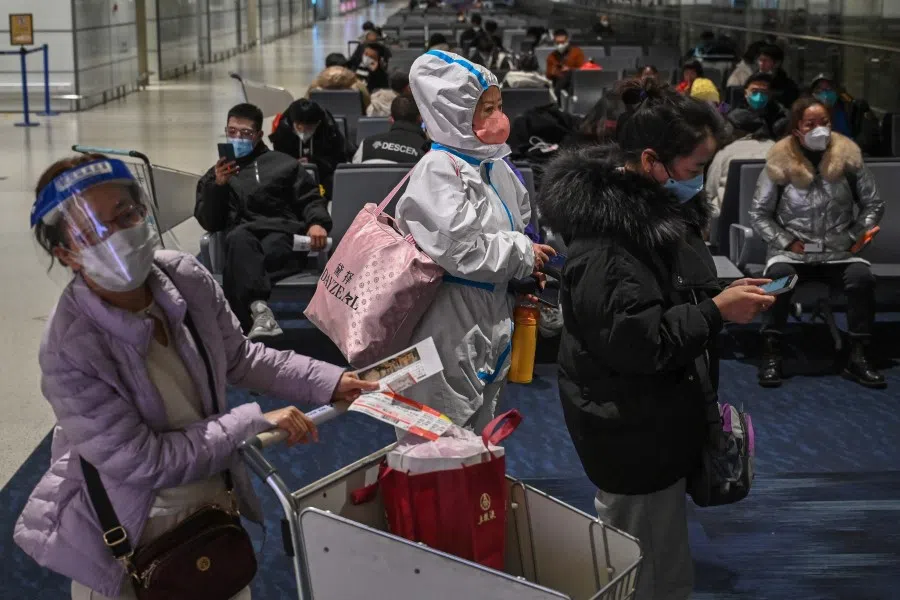
Due to Covid-19, the mainland Chinese have not been able to freely travel overseas for nearly three years. Many are eager to travel now that restrictions have been lifted, but since they have been shut in for so long, coupled with the recent severe Covid-19 situation in mainland China, they are still unwilling to venture out for now. Compared with more significant purposes such as mainland-based Hong Kongers visiting their hometown, the trivial motives to visit Hong Kong such as shopping can be put on the back burner.
Three years of Covid-19 border closures has also changed people's spending habits, as they now prefer to shop online rather than travel abroad to buy foreign-made products.
Online shopping has already become popular in Hong Kong over the past few years. Hit by a Covid-19 outbreak in the first half of 2022, the Hong Kong Customs and Excise Department adopted various anti-Covid measures which disrupted land freight from the mainland to Hong Kong. As a result, many Hong Kongers switched to buying their daily necessities online, and this gave rise to a new community group buying model.
In the middle of last year, I joined some group buying chat groups with hundreds of members. People made their food orders in the chat group and collected the items at designated pick-up points in Hong Kong. These food deliveries came from popular Shenzhen restaurants that Hong Kongers previously frequented. Although the items were more expensive online, everyone felt that it was worth the indulgence since they could not cross the border themselves amid the pandemic.
But since 2012, there have been numerous cases of conflict between the two sides, with complaints of Hong Kongers thumbing their noses at mainlanders and providing poor service.
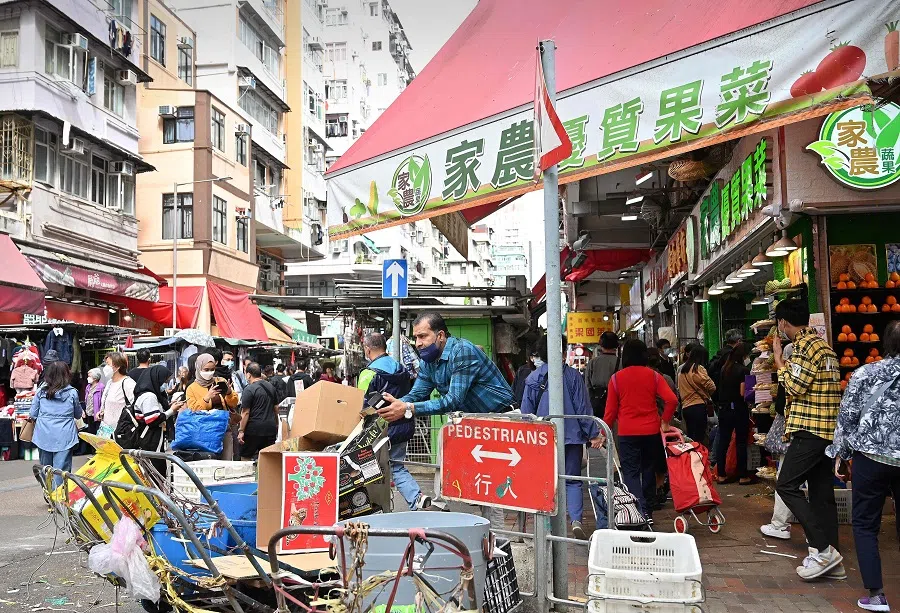
I thought that this group buying model would come to an end once the border between Hong Kong and mainland China reopened. However, I found that netizens were still using these services when I scrolled through the chat groups recently. They shared that they were very satisfied with the online shopping delivery service and would continue using it even after the pandemic.
Mainlanders' diversified travel destinations
This mindset is prevalent among some mainlanders as well. Due to the decreasing cost of logistics and low shipping fees between Hong Kong and the mainland, many mainlanders have switched to purchasing Hong Kong products online. Even after opening up, as long as logistical costs do not increase, people will opt to shop for Hong Kong products online instead of taking the time to shop in person in Hong Kong.
Of course, such spending patterns of the mainland Chinese could gradually change once travel to Hong Kong picks up. The concern would then be whether Hong Kong's reputation as a shopping paradise still holds for mainlanders.
Not so long ago, mainlanders yearned to shop till they dropped in Hong Kong. But since 2012, there have been numerous cases of conflict between the two sides, with complaints of Hong Kongers thumbing their noses at mainlanders and providing poor service. This has caused much resentment among mainland netizens who have threatened to boycott travel to Hong Kong.
It has become increasingly difficult for Hong Kong to attract big spenders from the mainland.
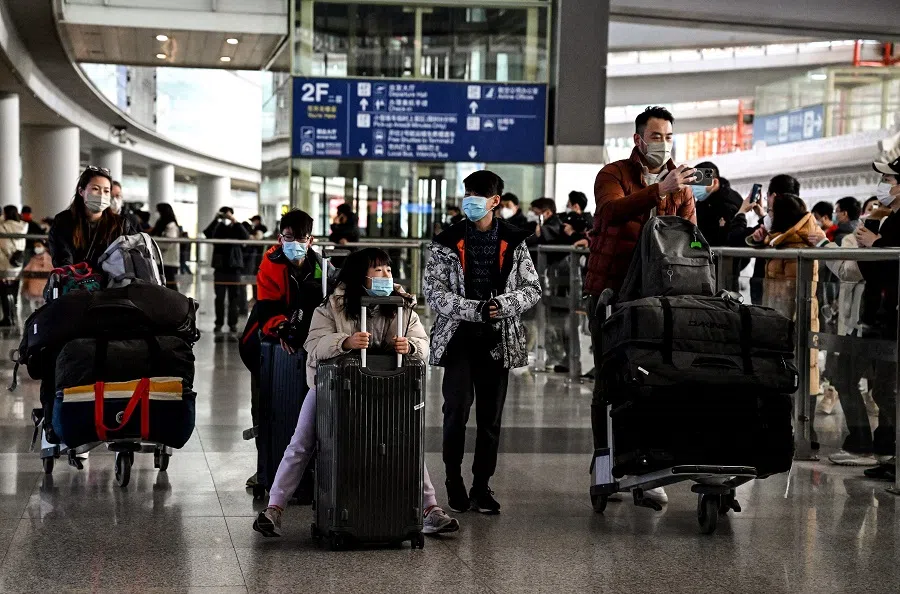
Before the pandemic, mainland tourists had already diversified their travel destinations, preferring to travel and shop in countries such as South Korea, Japan, Europe and the US instead. It has become increasingly difficult for Hong Kong to attract big spenders from the mainland.
As the mainland and Hong Kong gradually return to normal after three years of the pandemic, do mainlanders still enjoy shopping in Hong Kong? The situation does not seem optimistic based on the observations made over the past two days. The Hong Kong Tourism Board could consider holding roadshows in major Chinese cities to promote Hong Kong, tell the Hong Kong story well, and attract mainland tourists.
This article was first published in Lianhe Zaobao as "赴港大陆游客为何不如预期多?".
Related: Will an investment summit revive Hong Kong's status as a financial hub? | Hong Kong's left turn could hit its financial centre status | 'New Hong Kongers' entering politics must act in the interests of all Hong Kongers | China's grand plans to further integrate Hong Kong and Macau. Will they work?





